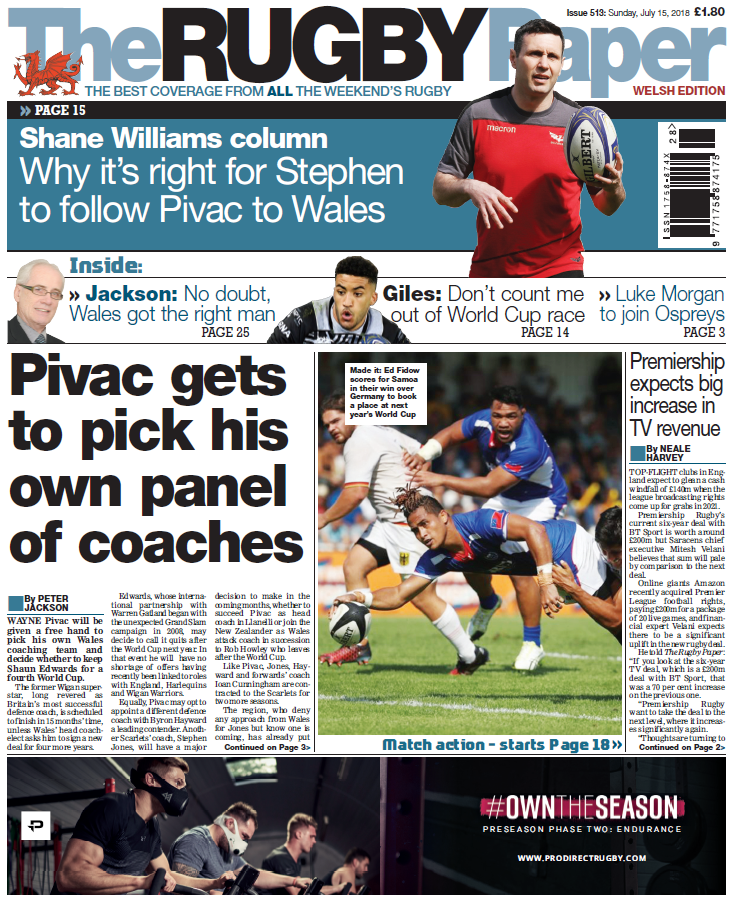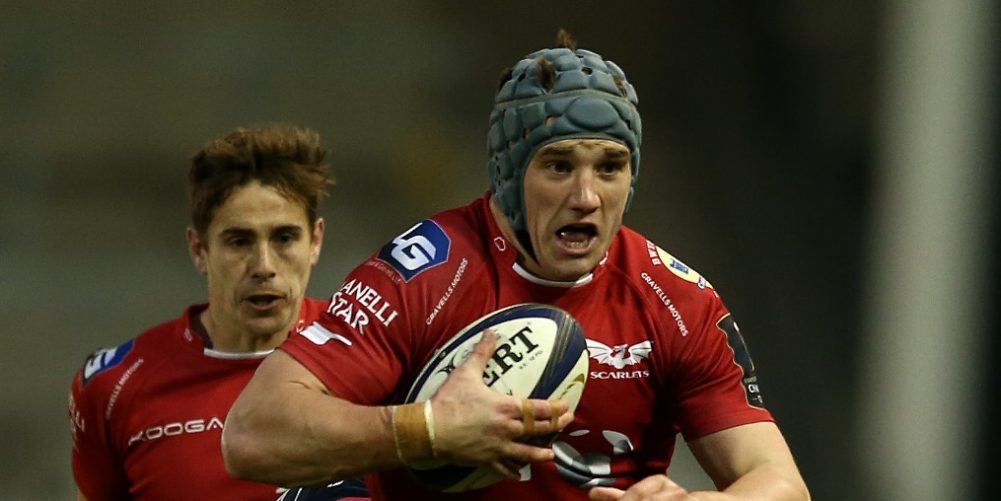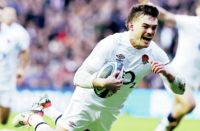By Jeremy Guscott
Wayne Pivac seems like a natural successor to Warren Gatland as Wales coach given how the Scarlets have performed since he took over in 2014. He has reinvigorated a Welsh rugby heartland with a rich history by playing a running style similar to the one he employed in New Zealand provincial rugby with Auckland, and to a degree when he was coach of Fiji.
The way the Scarlets play has strong similarities to the game in New Zealand, and that goes a long way to explaining why the fit with Pivac has been so successful. The common emphasis is about working on skills, and also understanding the importance of the laws at the breakdown so you can maximise your impact in that area.
It is an approach which does not neglect the scrum and lineout as fundamentals of the game, but the set-piece is seen by teams like the Scarlets mainly as a platform to attack from, with the best means of doing so getting quick, clean ball.
Going back as far as Sean Fitzpatrick, Steve McDowell, Richard Loe and Olo Brown, the New Zealanders have always had front row forwards with great scrum technique, and later on Carl Hayman was the same. However, they almost always used the set-piece as a means to an end, and their attitude was usually to get the ball in and out as fast as possible.
The Scarlets have the same approach. They have a scrum unit which is solid rather than one that can bully opponents, but they hold their own and then play from there, and it proved highly successful in winning the PRO12 title in 2017.
Hooker and captain Ken Owens is an obvious leader because he plays consistently well. He is impressive in the loose and is part of an almost NZ-style front row in which he has mobile, ball-handling props alongside him in Welsh international looseheads Rob Evans and Wyn Jones.
The only problem for a multi-skilled team like the Scarlets is that when you do not have massive forward strength it is almost impossible to slow the pace of the game before accelerating again. So, whereas clubs like Toulon and Leinster can turn to a power game as a variation, it is one the Scarlets do not have, leaving them with the main option of playing faster and faster.
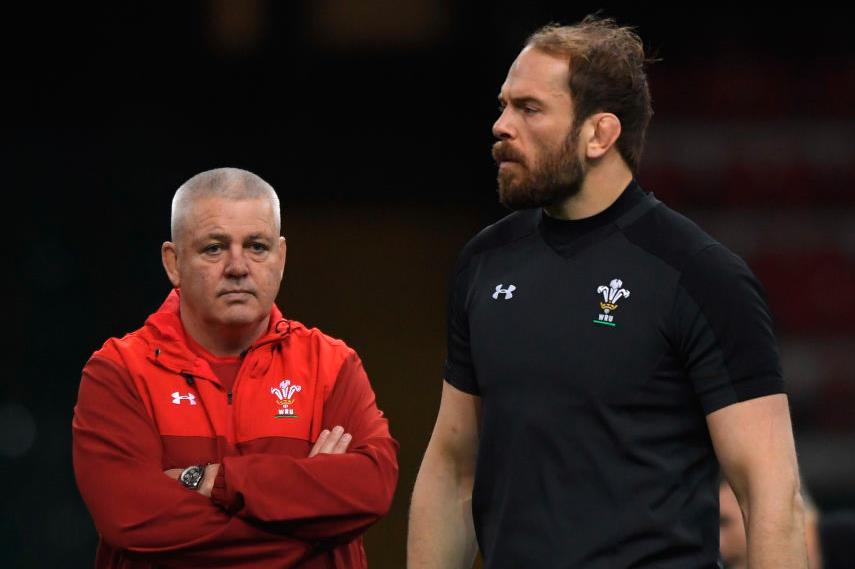
It will be an interesting period with Pivac coming into the Wales role in 2019 because it will probably coincide with key players from the Gatland era, like Alun Wyn Jones, coming to the end of their careers.
However, I cannot believe that Pivac will arrive with the idea of making massive selection changes all at once. He will be looking for evolution rather than revolution, and will be hoping that the 2019 World Cup goes well enough for senior players like Warburton and AW Jones to want to stay on.
By contrast backs like Jonathan Davies, George North, Hallam Amos and Liam Williams will still be young enough for Pivac to build around. I'm sure that he will have been encouraged also by the way Wales won their summer series in Argentina, and knowing that he has the depth in his squad to work with.
In addition, with Gatland relying more on the Scarlets over the last 12 months than at any time before, Pivac will also have the benefit of coming into a Welsh squad in which he recognises both the style and the personnel.
There will probably be continuity at scrum-half, where Gareth Davies looks likely to remain as No.1 with Rhys Webb in France, and there is every chance that Aaron Shingler, who has had an amazing last year at blindside, will still be going strong.
Pivac also has the advantage of knowing that Wales is a goldfish bowl, but that the day-to-day scrutiny as national coach will be that much greater.
It looks to me as if he will want Stephen Jones coaching Wales alongside him, just as has been the case at the Scarlets. The advantage of that is Jones knows how Pivac thinks, and probably feels comfortable enough to challenge him if he feels a wrong turn has been taken.
Pivac has built a team with a good skills base at Scarlets, but as good a player as Jonathan Davies is he probably does not nail 20-metre passes off either hand, so there are still improvements to be made.
In the pack the Scarlets will miss a mobile lock like Tadgh Beirne, who has returned to Leinster, and he needs to find young second rows who can do what Brodie Retallick does for New Zealand when it comes to recognising a two-on-one under pressure.
AW Jones has proved between World Cups that he is a major force for Wales, almost always winning the man-of-the-match award, and he has set the standard for other world forwards. The key is consistency of performance, which builds trust.
Wales also have to work out how you can be as hungry without the ball as when you have it, and also how to maintain massive intensity even when your defence has been unpicked.
Talking of defence, Shaun Edwards was linked with the Harlequins job, and Rob Howley has said he will be leaving, so Pivac will probably be looking for a new coaching team for the 2023 World Cup in France.
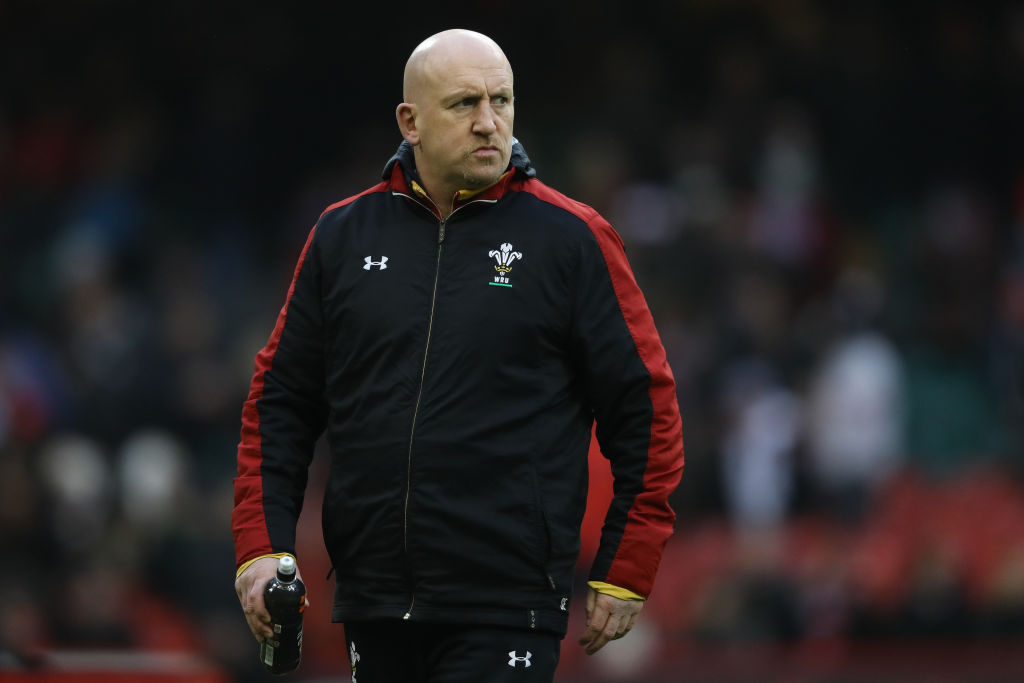
Overall, it must be a massively exciting time for Pivac. Even so, he will know that the chance of a golden era for Wales has gone. Between 2011 and 2015 Wales had the world at their feet under Gatland, with a host of top
players in their prime in their mid-20s, but with injuries it wasn't to be.
Wales got to the World Cup semi-finals in 2011, only to be scuppered by the Warburton sending-off, and the quarter-finals in 2015, and again they could have won against South Africa.
Instead, they have had to make do with a Six Nations Grand Slam and a Championship, which is not quite what they wanted.
There has been a rebuild since then, and Gatland borrowed from Pivac by promoting Hadleigh Parkes, the Scarlets' Kiwi centre. Parkes will not set the world alight, but he delivers nine times out of 10 and also sets the standard in the backline. He is the glue in any team he plays for – so now Pivac's challenge will be to find a new Parkes in every position.
With Cory Hill impressing at lock, and a conveyor belt of No.7s like Josh Navidi, Ellis Jenkins and James Davies coming through, there should be plenty to work with.
However New Zealand are still the team that has that consistency and finesse, where they are as comfortable going right up the middle as they are going coast-to-coast.
Pivac will want Wales to match them, and going into the World Cup the signs that he will inherit an improving squad are good with Gatland taking them to second in the world rankings after the Argentina tour.
As for one Kiwi replacing another as Wales coach, the challenge for all the home unions is to find home-grown coaches.
However, most people in Wales will think that given how integral Wayne Pivac has been to the Scarlets success story, it was an obvious choice.
The Rugby Paper is on sale all year round! Keep abreast of your club's activities in the off-season by subscribing: http://bit.ly/TRP-Sub
